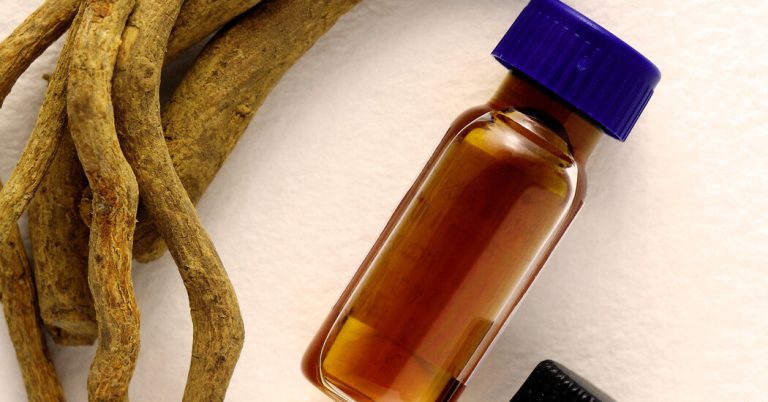What is ibogaine?
A natural psychoactive compound, ibogaine is derived from the iboga tree, a rainforest shrub native to Central Africa. The drug is derived from the root bark, which is crushed and consumed as a powder or administered in an extracted form.
Iboga has long been used for medicinal and ceremonial purposes in Gabon, Cameroon and the Republic of Congo. After its discovery by French and Belgian explorers in the 19th century, it was sold as a stimulant in France. In recent decades, ibogaine has shown promise as a treatment for opioid addiction, with several small studies suggesting that one-third to two-thirds of treated patients achieve sobriety after just one session. Some researchers have studied the potential of ibogaine to treat traumatic brain injury and PTSD.
How does ibogaine work?
Ibogaine suppresses the painful symptoms of opioid withdrawal and also appears to reduce the urge to use drugs, at least initially. Scientists are still trying to understand how it works against addiction, but many believe that ibogaine promotes the creation of new neurons and neuroplasticity, a rewiring of the brain that gives patients new perspectives on self-destructive behavior and the unresolved trauma that sustains it.
“Ibogaine appears to rewire the brain pharmacologically while producing deep psychological insight into the underlying factors of addiction,” said Dr. Joseph Peter Barsuglia, a clinical and research psychologist who advises ibogaine clinics in Mexico.
Is it legal?
No. In the United States, ibogaine is classified as a Schedule I controlled substance, like heroin and other drugs deemed to have “no currently accepted medical use and a high potential for abuse,” according to the Drug Enforcement Administration. Americans who want access to ibogaine treatment must travel to countries where it is legal or unregulated, including Mexico, Brazil, New Zealand, Canada and South Africa.
It’s not cheap, either: private clinics often charge around $5,000 to $15,000 for a single treatment, not including airfare.
Are there health risks?
Ibogaine has the potential to cause fatal cardiac arrhythmias. At least two dozen deaths have been linked to ibogaine in recent decades, a concern that prompted the Food and Drug Administration to end federal research in the late 1990s. Experts say the risks can be effectively managed by screening high-risk patients , administering magnesium before and during treatments and ensuring that patients are continuously monitored with an electrocardiogram.
How does ibogaine compare to other psychedelics?
Ibogaine is not a club drug. A treatment session can be exhausting and can last more than 24 hours. It often requires a willingness to face past traumatic events. Participants liken the trip to a lucid waking dream that forces a review of painful life experiences. “You suddenly have access to this huge store of information that accumulates in our lives, and you can just look at it in a more detached way,” said Dr. Martin Polanco, a psychedelic researcher at Mission Within, an organization. which works with Special Operations veterans.
What does science say about ibogaine’s anti-addictive properties?
Much of the existing data on ibogaine’s effectiveness comes from small studies and has not been tested in clinical trials using placebo-controlled groups, the gold standard in medical research. But in Brazil, where for three decades doctors have been using ibogaine to treat crack addiction, researchers reported a 60 percent success rate among patients who were followed for several months after treatment.
What’s next for ibogaine?
Even if the FDA greenlighted clinical trials — a move some experts say is unlikely given ibogaine’s heart risks — any approval would take years.




